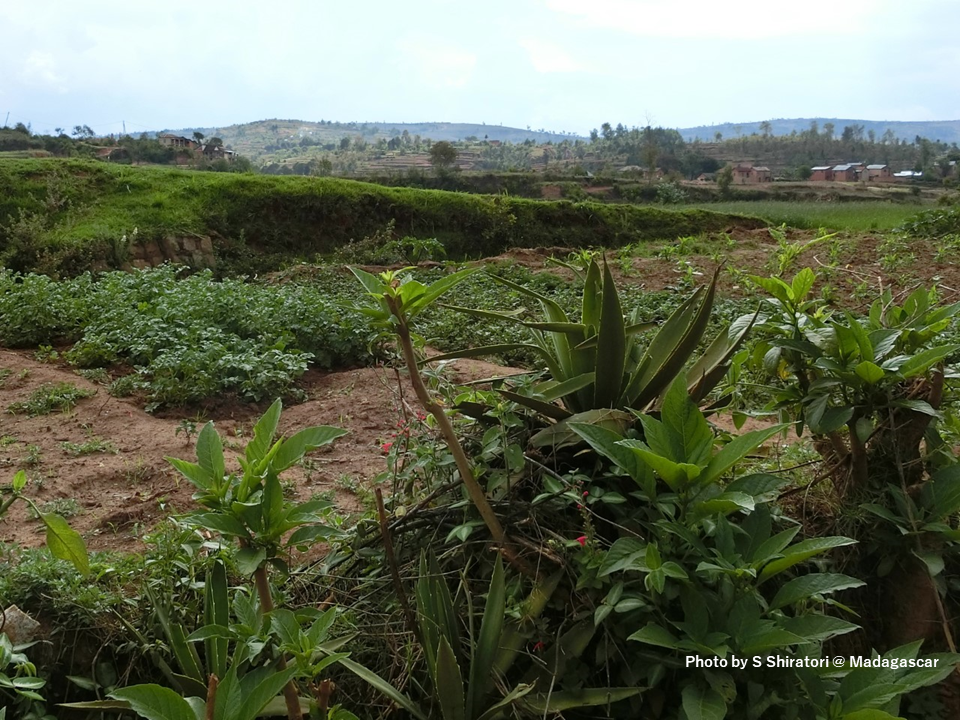Pick Up
944. Toward Nutritional Supply in Response to Climate Change in Sub-Saharan Africa

944. Toward Nutritional Supply in Response to Climate Change in Sub-Saharan Africa
Today's Pick up presents an article published in Nature Food (Jennings et al., 2024) with reference to a commentary on the study (Mason-D'Croz, 2024).
Sub-Saharan Africa faces increasing risks from climate change and population growth. Strong evidence from the local context is needed to strengthen food security, which is becoming increasingly important, but few studies have assessed climate-smart agriculture and food security simultaneously.
In this study, the integrated assessment framework (iFEED) was used to assess food system transformation scenarios for nutrition security in the face of climate change in Malawi, South Africa, Tanzania and Zambia. The iFEED framework is designed to support the development of food system transformation scenarios for nutrition security in response to climate change using model output implication statements. The study was led by a diverse group of stakeholders and experts from a wide range of food system sectors, including government, academia, civil society and the agricultural sector. iFEED translates climate-food-emissions modeling into policy-relevant information.
The results of the modeling scenario analysis showed that the current state of food supply is insufficient to achieve a sustainable and climate-resilient food supply by mid-century. Beyond nutritional benefits, increased crop diversity is emerging as a strategic measure to increase resilience to climate change by reducing over-dependence on a limited number of crops.
The study also showed that investment in improving crop productivity cannot be ignored. Unless unprecedented rapid productivity gains are achieved, future food demand will have to be met either by expanding cropland at the expense of biodiversity and environmental goals, or by increasing imports, with all the economic and political risks that this entails.
While there has been an upsurge in modeling and scenario-building analysis, it has often taken a top-down approach, focusing primarily on global goals. In particular, there is a conspicuous lack of attention to complex policy issues at the national and local levels in low- and middle-income countries, where climate risks and food insecurity are acutely felt. Initiatives such as those highlighted in this paper are proving invaluable in addressing these nuanced challenges and providing essential evidence for improved decision-making.
References
Jennings, S., Challinor, A., Smith, P. et al. Stakeholder-driven transformative adaptation is needed for climate-smart nutrition security in sub-Saharan Africa. Nat Food (2024). https://doi.org/10.1038/s43016-023-00901-y
Mason-D’Croz, D. National assessments highlight links between climate and nutrition policy. Nat Food (2024). https://doi.org/10.1038/s43016-023-00895-7
Contributor: SHIRATORI Sakiko (Information and Public Relations Office)
